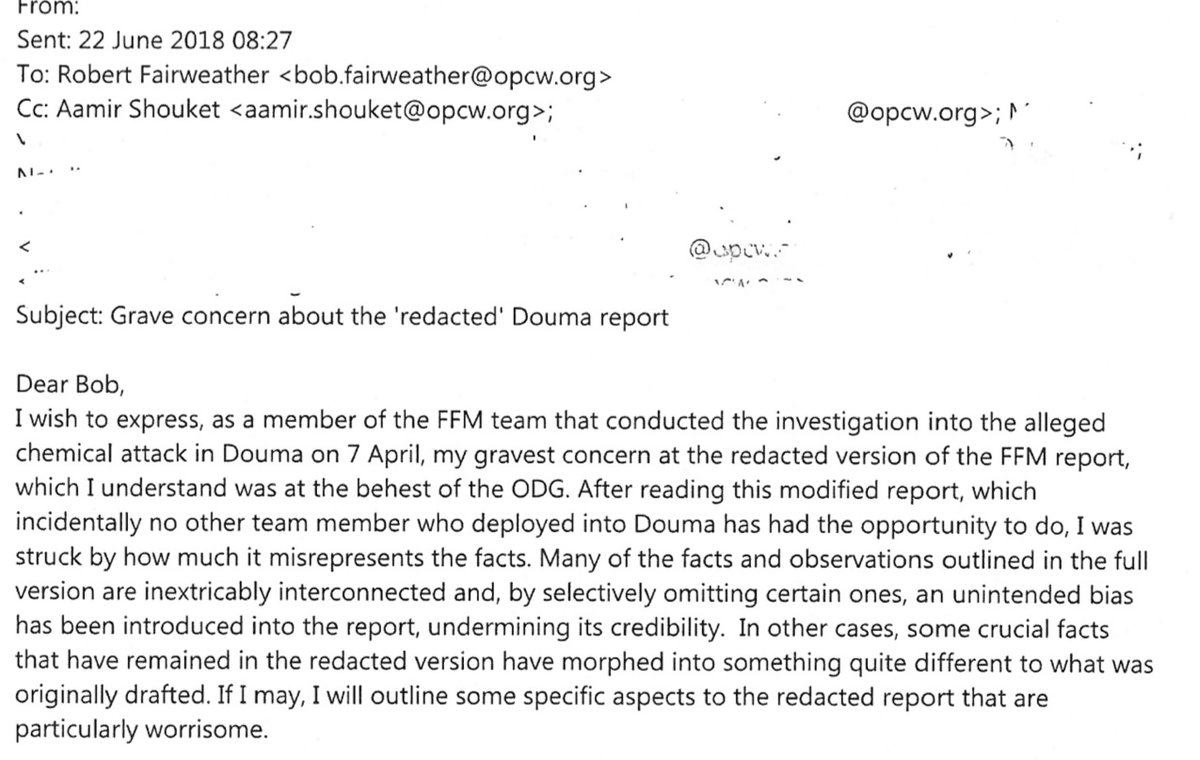"when we have multiple models, we should choose one using Bayesian statistics"
no
you should do both and publish an appendix showing robustness tests, you cultist
"but my bayesian model takes 4 weeks to process i can't run 1,397 robustness tests"
yes
exactly
"it's #Actually impossible to use predictive accuracy to test model validity because we can't observe future values!!!"
omg
this is a real critically acclaimed textbook im barely even paraphrasing here
i don't trust quantitative methods where people say, "this method has been in use for centuries!"
that is a solid argument for perhaps a theological proposition
it is not highly compelling for code
and yes I will be live-tweeting my Frequentist zealotry all term you're so, so welcome
i should not the paragraph after "centuries!!!" literally begins with a reference to Hindu cosmology so "it's a religious sect" is not a lampoon im just pulling out whole cloth and also the book begins with Golems, so
i am not actually opposed to bayesian modelling
i am simply opposed to bayesians
love textbooks that say, "the way we should do statistics is to ensure that every student individually understands every mathematical development of the last 8,000 years"
in fact what we should do is seek to develop tools which allow practitioners to *forget* the underlying math, and yet still advance their disciplines and the statistical methods themselves
given limited human processing power, the objective of progress of knowledge must be that prior technologies and knowledge becomes irrelevant and sufficiently automated that it need no longer be learned
you should not teach people to use an abacus!
wow great minds think alike
https://t.co/Ka1h5qaKv3
in practice, and I know this will hurt a lot of feelings, the actual scientific standard for statistical quality is simply whatever the current revision of Stata is divided by 2, or whatever the most popular new R packages were a decade ago
by the way i have a recent anti-Bayesian chip on my shoulder because I'm writing a rebuttal for a paper which used an off-the-shelf Bayesian model in a Very Bad Way to make extremely strong conclusions based on like n=82
they literally said, "we used bayesian models because it lets us make extremely strong conclusions from very little actual data"
and im like
no
no that is not what it lets you do
"our sample sucked and told us nothing in conventional models, so we used a model that lets us assume away the more inconvenient parts of our data, and now our results are what we wanted to be!"
what bayesians say bayesianism isn't
but
what the papers using their models do
in fairness some good bayesians have criticized the model underlying the paper im criticizing.... which points to the fact that "bayesian" just means "leaves votive offerings at the altar of bayes" not "uses some specific credible methodology"
look the fact that your stats models have schools of thought named after the prophets "We are Logical Coxian Bayesians, not Judean Peoples' Front Bayesians!" is maybe a problem
and yes i know that Bayesians like to refer to frequentists as Fisherians but we don't call ourselves Fisherians because *we're not a cult*
oh hey by the way I'm a Lutheran
okay we're doing a globe-spinning analogy about probability and im made because spinning hand-sized objects with color-coded differences isn't even a random sample! a normal human can stick their finger on a spinning globe and hit either land or water at will!
likewise, spinning an object will not create a random rotation and land and water are not randomly distributed so your final distribution of land and water landing points may not be random
i know i'm overthinking this but if you're writing a textbook about statistics and trying to give a random example ***give an actually random example***! not one which is obviously not random!
by the way folks
you should have strong prior im not actually a bayesian-murderer, strong enough that your model should never permit the conclusion that im actually a bayesian-murderer, meaning you should be able to tell the first tweet was a joke
of course, while im not a bayesian-murderer, i suppose i could be a bayesian murderer
there was also a metaphor about marbles, but the marbles were in a garden, and also Borges was involved, because of course Borges was involved because he always is. It was convoluted. Like Borges.
https://t.co/9jZLEyNV9n
SHADE THROWN
wow
that's something
the next sentence talks about "social sciences" separate from economics so lolololol
did you know that in centuries nobody has every used bayesian priors to lie
the above tweet is proof that, in fact, while we always thought Scotsmen were rare, True Bayesians are even rarer!
this textbook literally says "Linear regression is the 'geocentric model' of applied statistics" i.e. comparing it to Ptolemaic astronomy and then says, "so you need to learn and understand it first to move on to other things."
astronomers be like ???????
if anyone can point me to the core course in astronomy programs on geocentrism id be very interested
